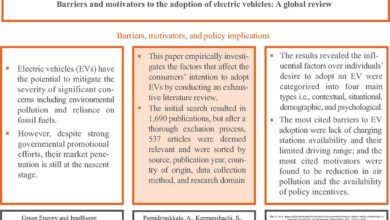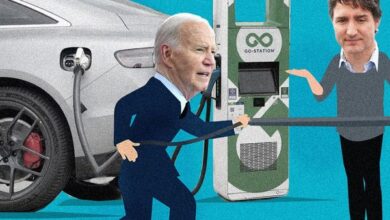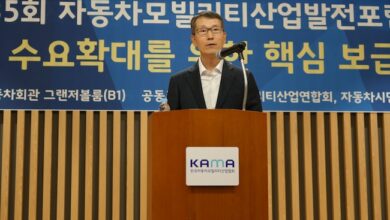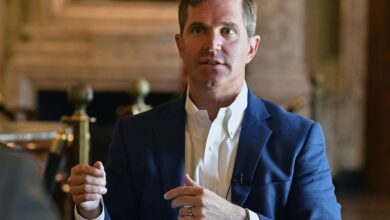EV chargers catch up to gas stations in California
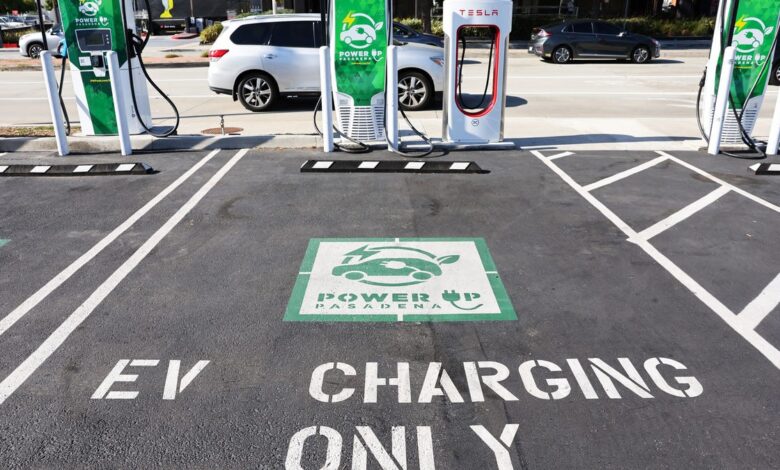
Despite dedicating years of innovation and research toward convincing consumers to buy electric vehicles, automakers are still grappling with a lack of charging infrastructure across the United States. But California — a leader in EVs — says that isn’t too much of a problem for its residents.
California Gov. Gavin Newsom announced last week that there is now one EV charging station for every five gas stations in the state, which is home to more than 39 million people. There are now 105,000 public or shared private electric charging stations in California and 500,000 at-home chargers. California has also approved a $1.9 billion investment plan to help deploy 40,000 additional EV chargers across the state. California had already put $1.8 billion into efforts to improve its zero-emission vehicle (ZEV) infrastructure.
“California dominates in this space,” Newsom said Friday in a video posted on X, formerly known as Twitter. “We want to maintain that leadership — maintain that dominance — as we transition from dirty tailpipes to a low-carbon, green growth future.”
A lack of easy access to charging is one of the most commonly cited obstacles to growing EV sales. Everyone from Ford Motor Co.’s CEO to the U.S. secretary of energy has run into issues finding an electric charger. And even if you can find a charger during a road trip, JD Power has found that 1 in 5 attempts to use a public EV charger fail.
A lack of access could be a major wrinkle in California’s plan to phase out the sale of new gasoline-only cars by 2035. The process will start in 2026, with a new mandate that requires 35% of all news cars sold to be electric or plug-in hybrid cars.
More than 1.84 million ZEVs have been sold in California to date, according to the governor’s office. More than a third of all ZEVs sold in the U.S. are sold in California. If California seceded from the U.S. and became its own country, it would be the fourth-largest seller of EVs worldwide, behind Germany, the U.S., and China.
As part of the push from carmakers to expand EV charging access for their customers, every major Western automaker has made deals to adopt Tesla’s North American Charging Standard (NACS). Exact amounts vary, but those companies’ customers will gain access to more than 15,000 Tesla Superchargers across North America under their respective deals.
“This move will improve the public charging experience by giving our customers even more choice and is a vital part of our growth as an EV brand,” Ford CEO Jim Farley said in a statement earlier this year after his customers gained access to Tesla’s chargers. Ford was the first major automaker to sign a deal with Tesla.
Seven automakers — including Stellantis, GM, and Mercedes-Benz — have also formed a joint venture to launch the IONNA charging network, which aims to have at least 30,000 charging stations across North America by 2030. Those stations will be compatible with Tesla’s NACS and the Combined Charging System (CCS).
